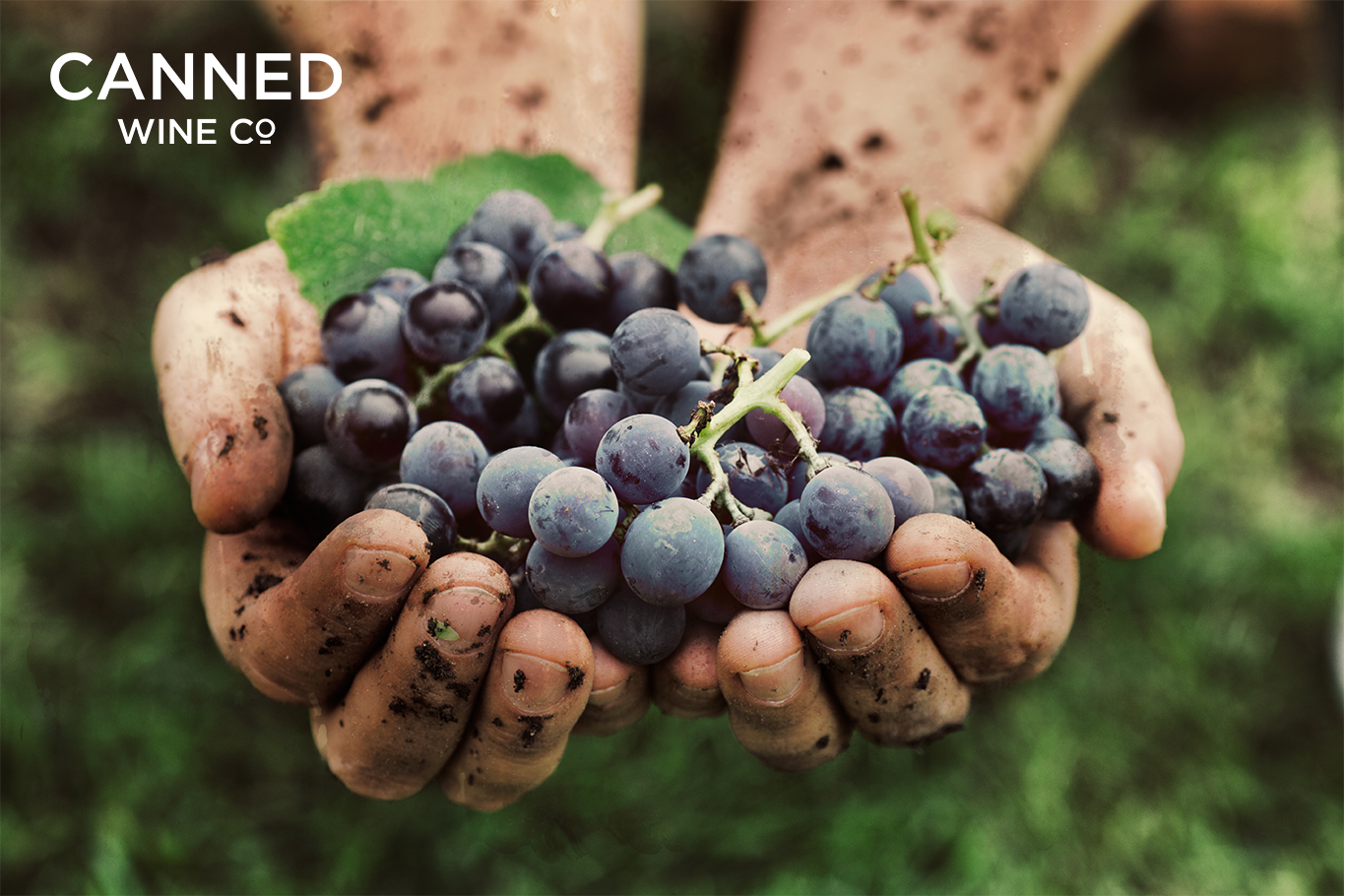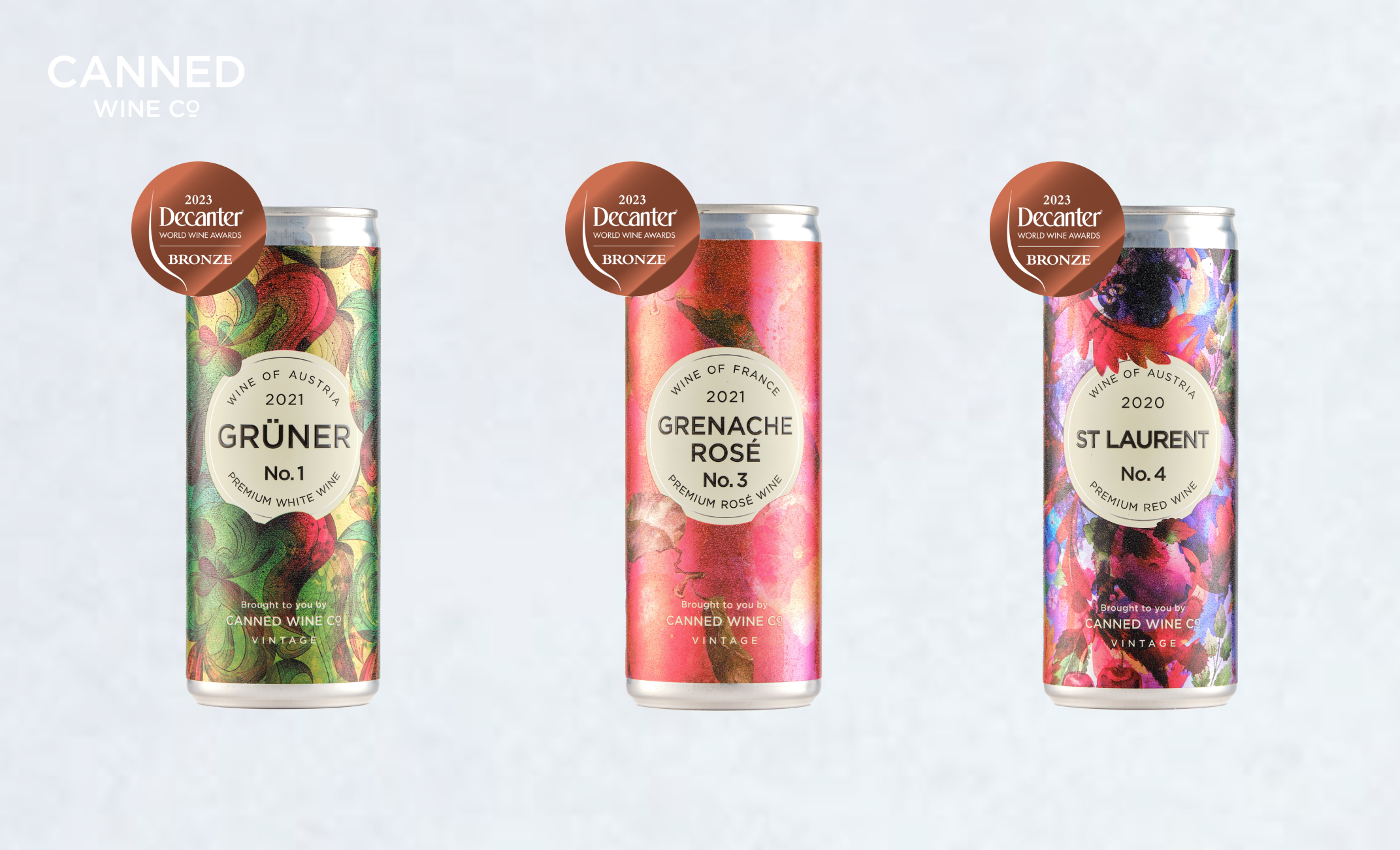
Drinking wine is all down to individual preference – if you like it, go for it! But there are a few aspects which all wines are judged on, and when they harmonise together are considered to make a ‘good’ wine.
Remembering these factors will help you judge the objective quality of the wine (but also make you sound pretty expert too). Luckily there’s an easy acronym: ‘BLIC’, which stands for Balance, Length, Intensity and Complexity.
Balance depends on how well the components of the wine blend together; do they complement each other or does one overpower another? In a ‘good’ wine, the level of sweet fruitiness will match up to the fresh acidity. Balance can also be dependent on the amount of alcohol (the heat you feel at the back of your throat after sipping), oak (often characterised by vanilla flavours) and tannin (which dries out your mouth making you thirsty for more).
The length of a wine, sometimes also described as the finish, is measured by how long the taste remains in your mouth. As a rough guide, less than 5 seconds is short; 5-10 seconds is medium; and more than 10 seconds is long.
Wine intensity is characterised by the strength of flavours – can each flavour be easily distinguished? It’s easy to scoff “smells like grapes to me”, but take a moment next time you smell or sip your wine and see what you can really identify. Zippy lemon? Juicy plums? Green herbs? It’s all there. We wrote a blog on How to smell a wine and why it is important so you can read more.
And finally, complexity – this is what makes a wine interesting. How many different flavours can you identify? Are they unusual or things you’ve tasted before? Generally, people like wines that have lots of different flavours; wines that develop as you drink them. It’s what makes you return to that particular wine again and again.
So when you’re next tasting wine, run through ‘BLIC’ but most importantly enjoy each sip!
If you want to find out more about wine, check out our blogs about how to smell wine, tasting sweetness and acidity and a why not to be afraid of tannins!







1 comment
Harry Broad
I found this analysis extremely helpful. It is clear and concise and deserves a wider audience.
I found this analysis extremely helpful. It is clear and concise and deserves a wider audience.